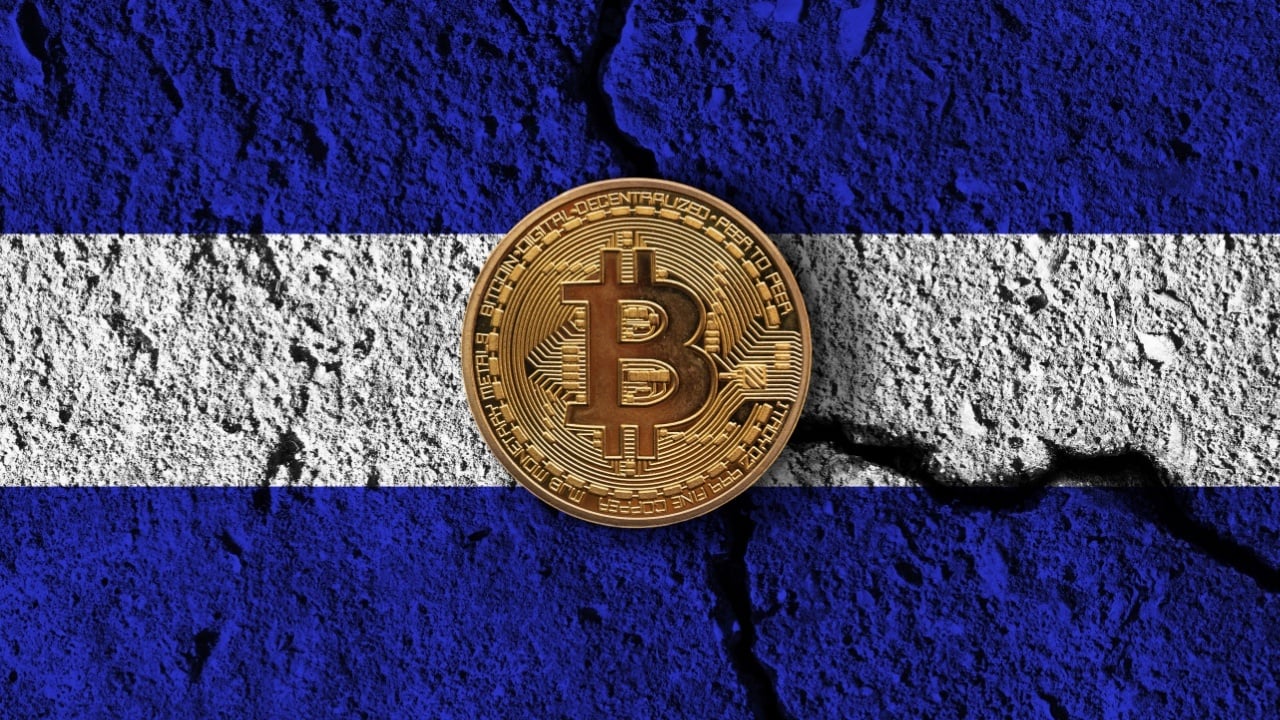Decoding El Salvador’s Bitcoin Experiment: Adoption, Reality, and the Road Ahead
The Allure of Bitcoin: A Promise of Financial Revolution
President Nayib Bukele’s decision to embrace Bitcoin as legal tender in September 2021 was a bold move aimed at addressing several critical issues in El Salvador. The primary goals included financial inclusion, reduced remittance costs, and attracting foreign investment. The government launched the Chivo Wallet, offering a $30 Bitcoin airdrop to every citizen who signed up, which initially spurred a surge in adoption. However, the reality of Bitcoin’s integration into daily life and the economy is far more complex.
Beyond the Headlines: Unveiling the Real Adoption Rate
While initial reports suggested a remarkably high adoption rate of up to 70%, a closer examination reveals a more nuanced picture. The $30 airdrop undoubtedly spurred initial adoption, but many users likely signed up simply to claim the free money. Once the funds were spent, their engagement with Bitcoin may have waned. Additionally, Bitcoin is not widely used for everyday transactions in El Salvador. Many businesses remain hesitant to accept Bitcoin due to its price volatility and the complexities of integrating it into their payment systems. The U.S. dollar remains the dominant currency, and many citizens prefer to use it for its stability and widespread acceptance.
Technical challenges also play a significant role in limiting Bitcoin adoption. Access to reliable internet and smartphones is essential for using Bitcoin, and in rural areas of El Salvador, where internet connectivity is limited, adoption faces significant hurdles. Furthermore, a lack of education and trust in Bitcoin has deterred many Salvadorans from embracing it. The government has launched educational programs to promote financial literacy, but these efforts have not been sufficient to address the widespread lack of understanding about cryptocurrency.
The Economic Impact: A Mixed Bag of Results
El Salvador’s Bitcoin experiment has had a complex and often unpredictable impact on its economy. On the positive side, the adoption of Bitcoin has generated significant media attention, attracting crypto enthusiasts and tourists to El Salvador. This influx of visitors has provided a boost to the tourism sector. The government has also invested in Bitcoin-related infrastructure, such as Bitcoin ATMs and educational programs, creating new jobs and opportunities.
However, Bitcoin’s volatile price has raised concerns about its suitability as a stable store of value. The government’s Bitcoin holdings have fluctuated significantly in value, leading to criticism from international financial institutions. The International Monetary Fund (IMF) has repeatedly expressed concerns about the risks associated with El Salvador’s Bitcoin adoption, urging the country to reverse its decision. The IMF has warned that Bitcoin could undermine financial stability, create contingent liabilities, and complicate efforts to combat money laundering and terrorist financing.
There are also concerns that Bukele’s Bitcoin play may undermine El Salvador’s ability to pay its national debt. International agencies have downgraded El Salvador’s debt rating due to the high risk associated with Bitcoin investments. The economic impact of Bitcoin adoption remains a mixed bag, with both positive and negative outcomes.
Social Implications: Dividing Opinions and Creating New Divides
The adoption of Bitcoin has also had significant social implications, dividing opinions and creating new divides within El Salvador. Many Salvadorans remain skeptical about Bitcoin, viewing it as a risky and complicated technology. Some have protested against the government’s Bitcoin policies, expressing concerns about the lack of transparency and the potential for corruption.
The adoption of Bitcoin has exacerbated the digital divide in El Salvador, as those with access to technology and education are more likely to benefit from it than those without. The government has launched educational programs to promote financial literacy and teach people about Bitcoin, but these programs have not been sufficient to address the widespread lack of understanding about cryptocurrency.
Despite the challenges, Bitcoin has created new opportunities for innovation and entrepreneurship in El Salvador. Some businesses are using Bitcoin to offer new products and services, and individuals are exploring ways to leverage cryptocurrency for their own benefit. The social implications of Bitcoin adoption are complex, with both positive and negative outcomes.
The Future of Bitcoin in El Salvador: Uncertain but Not Over
The future of Bitcoin in El Salvador remains uncertain. While the initial hype has subsided, the experiment is far from over. Several factors will determine the long-term success or failure of this bold initiative. The government’s continued support for Bitcoin is crucial. If the Bukele administration remains committed to promoting Bitcoin and investing in related infrastructure, it could help to drive further adoption.
Bitcoin’s price volatility remains a major obstacle to widespread adoption. If Bitcoin can achieve greater price stability, it could become more attractive to businesses and individuals. Continued efforts to improve financial literacy are essential. Educating the public about Bitcoin and its potential benefits and risks can help to build trust and encourage adoption.
A clear and comprehensive regulatory framework is needed to provide clarity and certainty for businesses operating in the Bitcoin space. This framework should address issues such as consumer protection, anti-money laundering, and taxation. Continued investment in technological infrastructure, such as internet connectivity and smartphone access, is essential to ensure that all Salvadorans can participate in the Bitcoin economy.
Conclusion: A Bold Experiment with Lasting Lessons
El Salvador’s Bitcoin experiment has been a bold and ambitious undertaking, fraught with both opportunities and challenges. While the initial claims of widespread adoption may have been overstated, the experiment has undoubtedly generated significant attention and sparked important conversations about the future of money. The long-term impact of Bitcoin on El Salvador’s economy and society remains to be seen, but the lessons learned from this experiment will be valuable for other countries considering adopting cryptocurrency. The path forward requires a balanced approach, addressing the risks while harnessing the potential benefits of this innovative technology. The dream of a Bitcoin-powered financial revolution in El Salvador may be facing headwinds, but it is certainly not dead. It is evolving, adapting, and, hopefully, learning from its initial stumbles.

